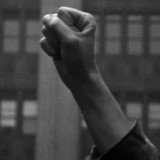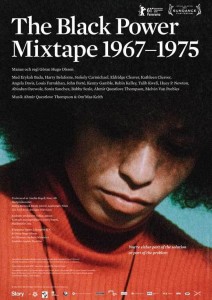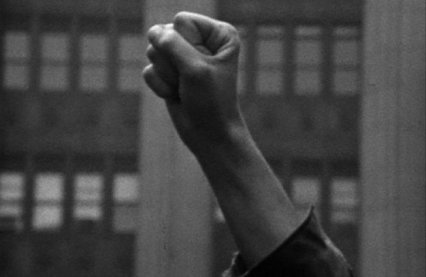
Movie Review: The Black Power Mixtape 1967-1975
The new film The Black Power Mixtape 1967-1975 examines the Black Power Movement in the US through the eyes of Swedish journalists. Piecing together footage primarily from Swedish Television archives, this fascinating documentary seeks to lay historical context to the racially turbulent period in America from 1967 to 1975.

With the use of footage, audio interviews, and commentary by contemporary black scholars and artists, the film examines the social ills that bred the need for a movement in the first place. As former Black Panther Party leader Elaine Brown puts it, “We want to return to our original vision…to move oppressed people toward liberation. We want to make sure the struggle is waged between the oppressed and the oppressor, not the Panthers and the police.”
Naturally, the Black Panther party consumes a considerable portion of the focus of the nine chapters of the movement, but the Swedish perspective offers a dispassionate portrayal of how national events such as the Attica uprising, the presidency of Richard Nixon, the Vietnam War, and the ravaging of black communities by drugs in the early 1970s tempered the hope of blacks in America. “When you talk about a revolution, most people think violence, without realizing that the real content of any kind of revolutionary thrust lies in the principles, in the goals that you’re striving for, not in the way you reach them,” activist, professor and Black Power icon Angela Davis says in one 1972 interview from inside a jail cell.
Because the documentary ends in a time nearly 30 years ago, the viewer is left with the sense that the Black Power Movement lost steam and vaporized with the introduction of heroin and crack to ghettos across America. Although the documentary includes musings from 2010 on living in the 20th century under a black president, there are still more questions to be answered. Overall, The Black Power Mixtape 1967-1975 offers a balanced point of view to a story that’s often told unfairly and makes for an informative piece of work.



